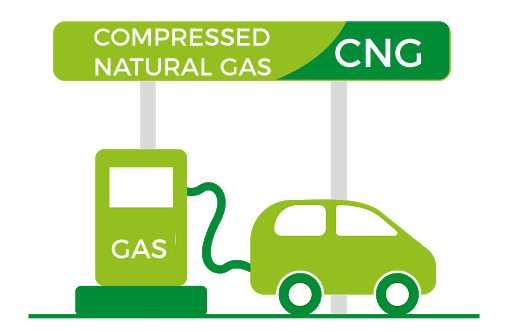In a move to harness its abundant natural gas reserves and promote sustainable transportation, Tanzania is encouraging its citizens to convert their petrol or diesel-powered vehicles to run on Compressed Natural Gas (CNG). This initiative aims to provide cost savings for vehicle owners while reducing the environmental impact of fossil fuel emissions.
Investing in CNG Infrastructure
The Tanzanian government has launched a project with an investment of $65 million to supply 30,000 households with CNG for cooking by 2015 and power 8,000 vehicles in Dar es Salaam. This project is currently underway and has already made significant progress in establishing the necessary infrastructure.
CNG in Public Transportation
Tanzania's Bus Rapid Transit project, which operates in the capital city, has incorporated CNG into its fleet of 60 buses. These buses have been modified to run on a combination of petrol and natural gas, demonstrating the feasibility and benefits of using CNG in public transportation.
Cost Savings and Environmental Benefits
According to Ismail Naleja, an official from the Tanzania Petroleum Development Corporation (TPDC), CNG is significantly cheaper compared to petroleum products. He explains that one kilogram of CNG can cover the same distance as one and a half liters of petrol or diesel, resulting in substantial cost savings for vehicle owners. Additionally, CNG is a cleaner fuel that does not emit carbon like fossil fuels, making it a more environmentally friendly option.
Challenges and Future Plans
Despite the benefits of Compressed Natural Gas (CNG), Tanzania is grappling with a shortage of refueling stations. In response, the government has devised a plan to construct 25 new gas stations in the near future. This initiative aims to alleviate the scarcity of refueling facilities and promote the widespread adoption of CNG vehicles across the country. By expanding the infrastructure for CNG refueling, Tanzania seeks to capitalize on the environmental and economic advantages offered by this alternative fuel source. This strategic investment underscores the government's commitment to advancing sustainable transportation solutions and reducing reliance on traditional fossil fuels, ultimately contributing to Tanzania's efforts to mitigate emissions and foster a greener, more environmentally conscious automotive sector.
Conversion Costs and Adoption
Converting a vehicle to run on CNG requires an initial investment of at least $1,000. Despite this significant cost, many Tanzanian drivers have embraced this new, more efficient, and seemingly cheaper technology, recognizing the long-term benefits of using CNG.
Conclusion
Tanzania's initiative to promote the use of Compressed Natural Gas in vehicles is a significant step towards reducing costs for vehicle owners and mitigating the environmental impact of fossil fuel emissions. By investing in CNG infrastructure, incorporating CNG into public transportation, and providing incentives for vehicle owners to convert to CNG, Tanzania is positioning itself as a leader in sustainable transportation solutions in Africa. As the country continues to address challenges and expand its CNG refueling network, the adoption of CNG vehicles is expected to grow, contributing to a cleaner and more cost-effective transportation system.





